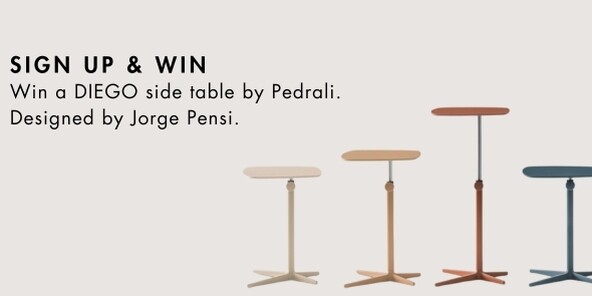

We founded “Dark Horse” in Berlin back in 2009 as an agency for innovation development. Beforehand, various consultants, coaches and venture capitalists had repeatedly voiced three recommendations. First: Create clear responsibilities between the founders so that it is always clear who decides what and when, and who is in charge of what. Even two CEOs can be difficult. Second: Each day should preferably have 28 hours. So from now on you won’t really need a flat, as founders kind’a live in the office. And third: Never found a company with friends, business is business. Friends are known to fall out over cash, and should the cash no longer flow then the friendships may not, either.
With Dark Horse we wanted to establish a company that remains as open to innovation as possible. During our shared studies in “design thinking”, we familiarized ourselves with user focus, collaboration and iteration as the basic principles of developing innovation: We found out that innovations should first and foremost be to the benefit of all those who are to use them; how different experts can inspire one another and collaborate, and that the best ideas are those that arise when you don’t immediately try and get to a solution, but jointly learn from trial and error. We wanted to transpose these principles onto our corporation, but sadly it looked as though they flew in the face of the tips our consultants were giving us.

In retrospect, it was our great fortune that we were initially naïve enough to completely ignore the conventional advice: We are 30 founder-friends from 25 different fields. We collaborate without any hierarchies and flexibly in time. We all are responsible for the strategic decisions. Many of us remain active in their specialist fields alongside their work at Dark Horse. We are now better friends than we were prior to founding the enterprise. All the same, we of course have to know and monitor the company’s performance, check who is doing what when with whom and which account generates which earnings and profits.
The fact that our audacious undertaking has functioned to date is not a matter of good luck. We are constantly revisiting our own organizational set-up and advancing it. For five years we have chiseled away at overcoming seeming contradictions: On the one hand, individual liberty, collaboration as equals, and the feel-good factor at work; stability, efficient decision-making and the big picture on the other.
For example, in order to have swift decision-making although we are group, we are consciously not democratic in structure. When 20 of us once spent two hours discussing the acquisition of the right coffee machine, and then ended up deferring the decision, we noticed: Decision-making without hierarchies and stress does not function like this. Since then, small teams have been in charge of all the operating activities and strategic decisions are taken sociocratically. What counts is not the quantity of an opinion, but the quality of the arguments. Each of can make a serious objection to a decision, thereby blocking it. What might sound like a horror scenario for any boss stops us from making bad decisions, because different perspectives are involved from the start. The way that we make use of this instrument plays an elemental role. We see it as a kind of emergency brake, for emergency situations and not as a standard stop button. And anyone who makes an objection must also work actively to come up with an alternative proposal. Once decisions have been made they get implemented quickly because everyone is in agreement.

This kind of collaborative decision-making only works when serious objections are not misused as instruments of power. Which is why we invest a lot of time and resources in cultivating our collaborative working culture. Instead of complex control mechanisms that monitor how long someone works on something, we rely on various instruments of confidence. For one thing, we regularly bestow something known internally as the “Fail Award”, which goes to our biggest blunders. For example, two colleagues once acquired an old telephone box; the idea was to make phone calls in it without being disturbed. But when the 400-kilo monster was delivered by removal firm, we realized it was even too heavy for six strong porters to carry. But that didn’t really matter as it soon turned out that the phone box wouldn’t have gone through our office door anyway. So it was promptly taken away by the removal firm again, and the colleagues in question received the “Fail Award”. Repeatedly celebrating the people that have blocked ideas and decisions gives us the confidence to fearlessly share all our information and to all learn something from it.
We develop user-centered products and services for our customers. And we have also started to advise our clients how they themselves can establish a culture of innovation focusing on their employees. But we are careful never to try and transfer one-to-one the concepts and solutions we have developed for ourselves onto other firms. After all, every rule can be so formulated that it can be bypassed or reversed. Moreover, luckily social interactions are much too complex for standard solutions. We are much more intent on pragmatically adapting principles to different contexts. And then it’s not so important what shape those instruments and structures take but how people deal with them.

